Trump comment on blowing up dam angers Ethiopia.
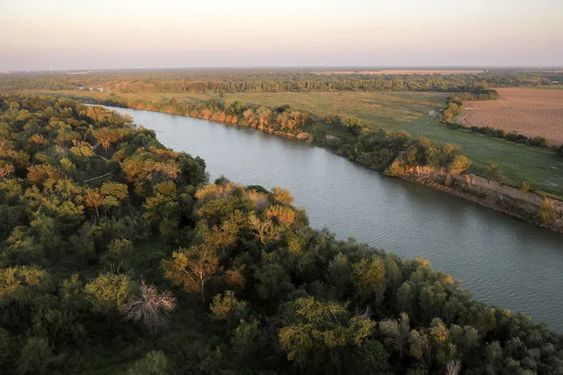
Mexico reached a deal to supply water to the U.S. under a seven-decade-old treaty, ending an escalating stalemate ahead of a Saturday deadline, President Andres Manuel Lopez Obrador said. Photo: Getty Images
Ethiopia’s prime minister has said his country “will not cave into aggressions of any kind” after President Donald Trump suggested Egypt could destroy a controversial Nile dam. The Grand Ethiopian Renaissance Dam is at the center of a long-running dispute involving Ethiopia, Egypt, and Sudan. Mr. Trump said Egypt would not be able to live with the dam and might “blow up” the construction. Ethiopia sees the US as siding with Egypt in the dispute. The US announced in September that it would cut some aid to Ethiopia after it began filling the reservoir behind the dam in July.
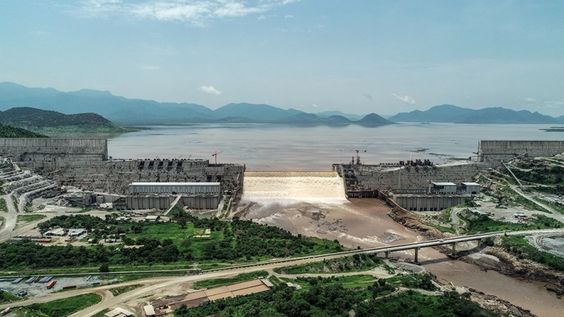
Egypt relies for the bulk of its water needs on the Nile and is concerned supplies could be cut off and its economy undermined as Ethiopia takes control of the flow of Africa’s longest river. Once complete, the $4bn (£3bn) structure on the Blue Nile in western Ethiopia will be Africa’s largest hydro-electric project. The speed with which Ethiopia fills up the dam will govern how severely Egypt is affected – the slower the better as far as Cairo is concerned. That process is expected to take several years. Sudan, further upstream than Egypt, is also concerned about water shortages. Ethiopia, which announced the start of construction in 2011, says it needs the dam for its economic development. Negotiations between the three countries were being chaired by the US, but are now overseen by the African Union.
PM Abiy Ahmed did not address Mr. Trump’s remarks directly, but there appears to be little doubt about what prompted his robust comments. Ethiopians would finish the dam, he vowed. “Ethiopia will not cave into the aggression of any kind,” he said. “Ethiopians have never kneeled to obey their enemies but to respect their friends. We won’t do it today and in the future.” Threats of any kind over the issue were “misguided, unproductive, and clear violations of international law.
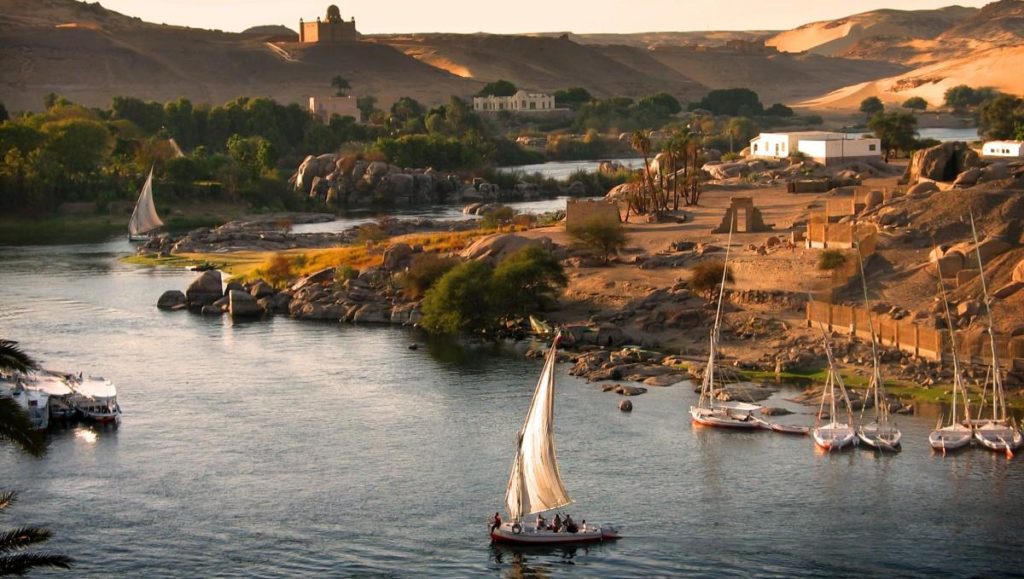
“America and the United Kingdom offered to help finance the construction of the High Dam, with a loan of $270 million, in return for Nasser’s leadership in resolving the Arab-Israeli conflict.”
https://en.wikipedia.org/wiki/Aswan_Dam
The Nile Quest
The Nile Quest tells the fascinating story of the longest, most mythical, and politically intriguing river in the world. It depicts a river of beauty journeying upstream from its mouth to its sources. The film takes the viewer on a voyage through deserts, swamps, and rain forests, visiting on the way the offices of presidents and prime ministers and talking to people living on the banks of the river.
Professor Tvedt takes the viewer on a voyage through 5000 years of history up the river from the Mediterranean to the sources of the Nile in the heart of Africa. These series unravel the dramatic quest for controlling the Nile and presents new perspectives on the Nile and its important role in current affairs.
Today the Nile plays the main role in a drama that is of world-historical significance. The Nile has been controlled by Pharaohs, Roman emperors, Turkish sultans, Napoleon, and the British Empire – from Queen Vitoria to Winston Churchill. Now, it binds eleven countries even closer together in a common destiny they cannot escape. This series on the longest and most fabled river in the world is unique in two ways. Unlike other films on the Nile, it tells the fascinating story about the most revolutionary period in the river’s long history; it covers those years in our modern history when the relationship between the populations of the eleven Nile countries and the river changed fundamentally and with far-reaching consequences.
Produced by Panopticon AS in cooperation with the University of Bergen.
Episode 1: The River of History
The first episode deals with and describes how Egypt and Sudan gradually made themselves more and more dependent on the Nile River. The journey, however, starts in Rome because the Nile is not only Africa’s river; it is deeply integrated in the world’s history. The Fountain of the Four Rivers created in 1651, depicts the Nile as the river of paradise; it represents the Nile as a blindfolded demigod because its mystical source had not yet been discovered. Today, the secrets of the Nile have been revealed, and this series describes how this happened but also how the uncertainty about the river’s future is greater than ever.
We head up the river to one of the warmest and driest areas of the planet to understand the river’s importance to Egypt – from the time of the Pharaohs to the developments of today. The water that every autumn burst out of a dry desert created one of the most fertile areas in the world – and one of history’s greatest civilizations.
We continue upriver through the fabled Nubia to what was the world’s largest cotton farm not far from Khartoum and look at the Nile’s importance to the British Empire. The downstream countries Egypt and Sudan gradually acquired a monopoly on the Nile water, for long arguing that they had historical rights to all the water in the river.
Episode 2: Revolt at the Sources
This episode travels up the White Nile through the world’s largest swamp and into the rain forests of central Africa to see how the countries along this part of the river have started to challenge Egypt’s domination of the Nile. We visit the mountain gorillas that live around the source of the Nile in the rain forests of Rwanda. We sail on a giant inland sea in Uganda, and travel by hot air balloon over Maasai territories, the location for the most spectacular animal migration in the world.
Tvedt tells the stories of places and Nile policies that evolve and change, and that increasingly challenge the established schemes for how Nile water has been used.
Episode 3: War or Peace
In the final episode of the series, Tvedt sets out for the Blue Nile, but starts at a sinking city on the Mediterranean coast in Egypt, sailing up the Rosetta, through the desert of Sudan, board a train for an amazing journey through Eritrea, and flying up the Blue Nile to the Nile’s water tower, Ethiopia. Here we meet monks on an island in Lake Tana.
Tvedt talks with the political leadership in these Eastern Nile countries and describes the radical changes in power relations unfolding in the Nile basin – changes that will have significance far beyond its riverbeds. From the performance of the love-drama Aida at the Cairo Opera, he draws parallels to a very important power struggle about the construction of Africa’s biggest dam on the Nile.

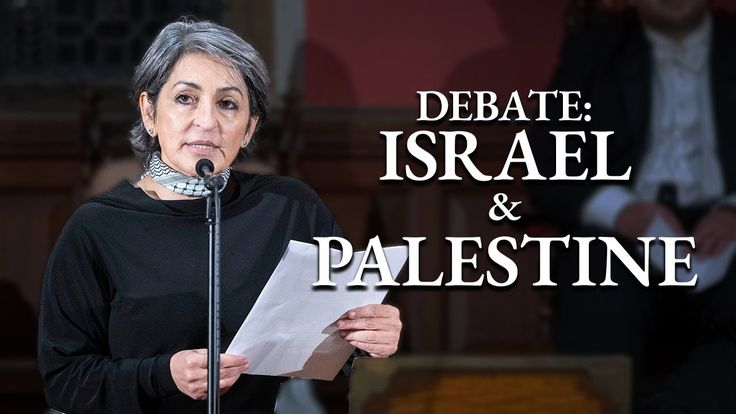
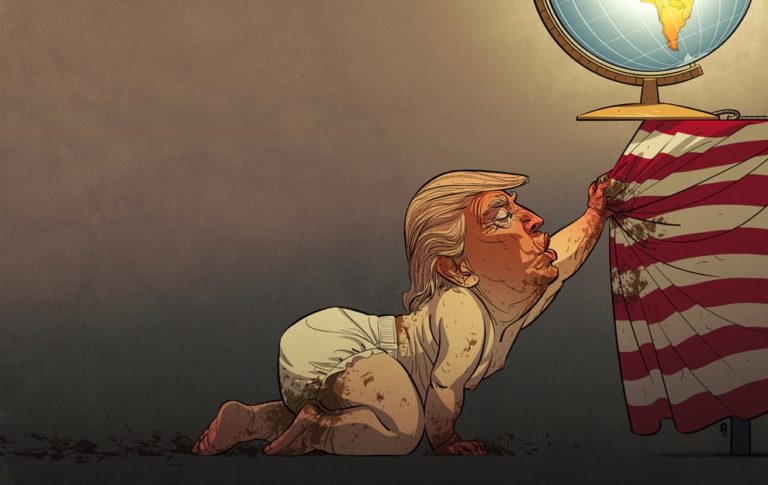
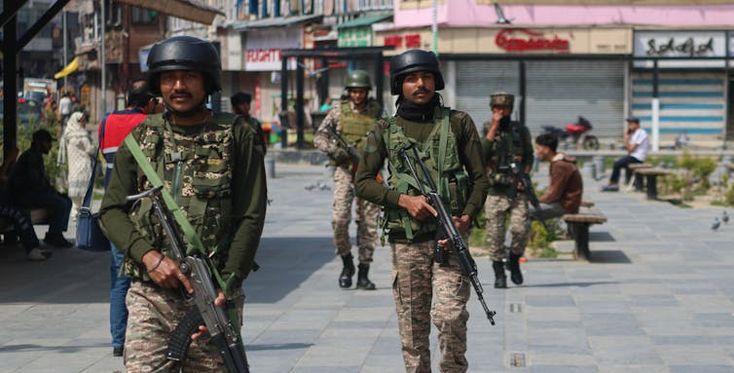
14 Comments
Pingback: Sylfirm
Pingback: Volnewmer
Pingback: t-gclub
Pingback: omg
Pingback: ตู้แช่สแตนเลส
Pingback: 789bet
Pingback: เกมพนันออนไลน์ เว็บตรง ไม่ผ่านเอเย่นต์
Pingback: happyluke
Pingback: slot99
Pingback: mostbet apk
Pingback: Donald
Pingback: Magic Mushroom Capsules
Pingback: ปริ้นโปสการ์ด
Pingback: heng678